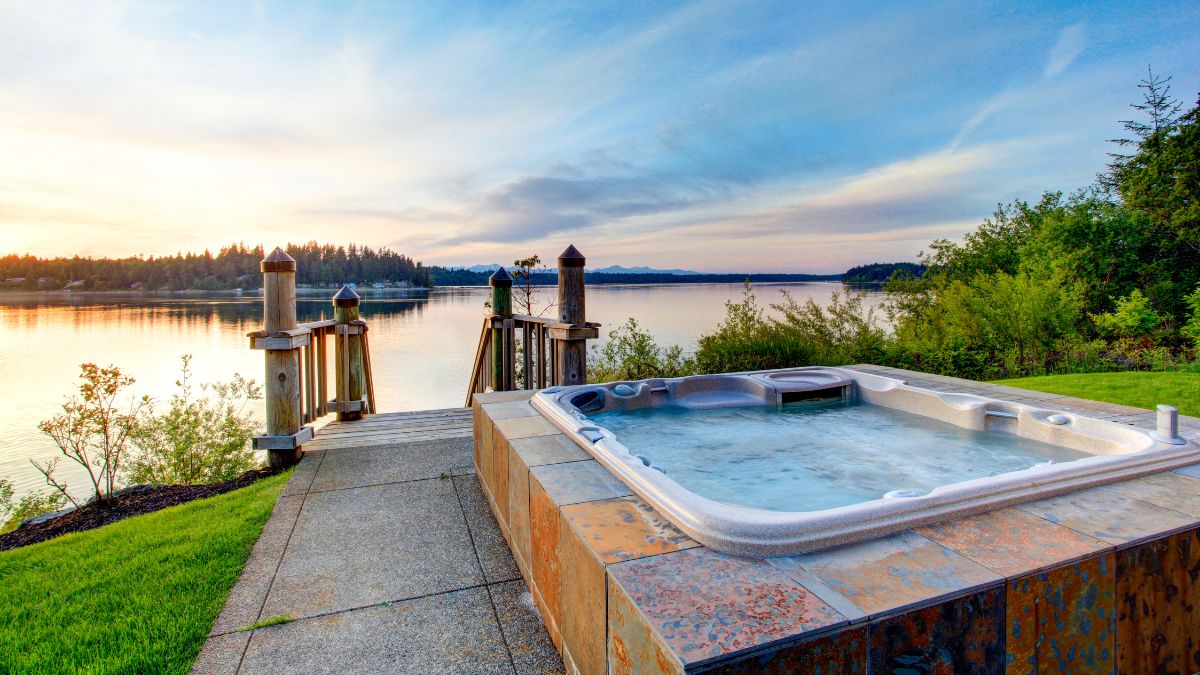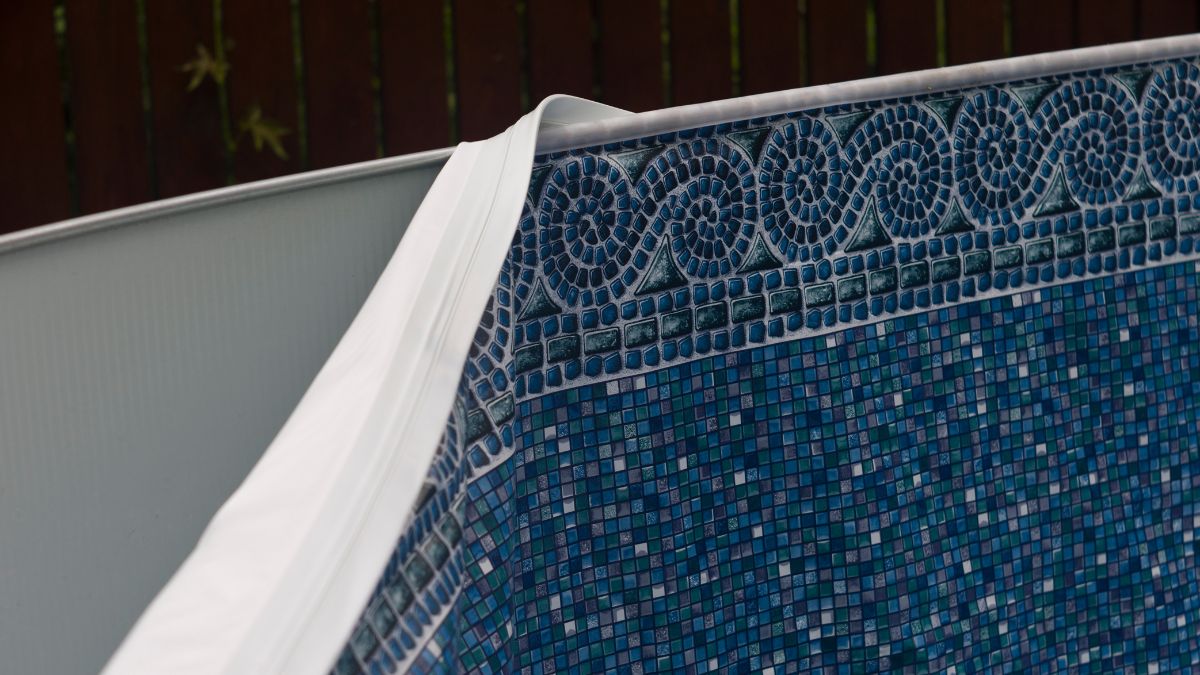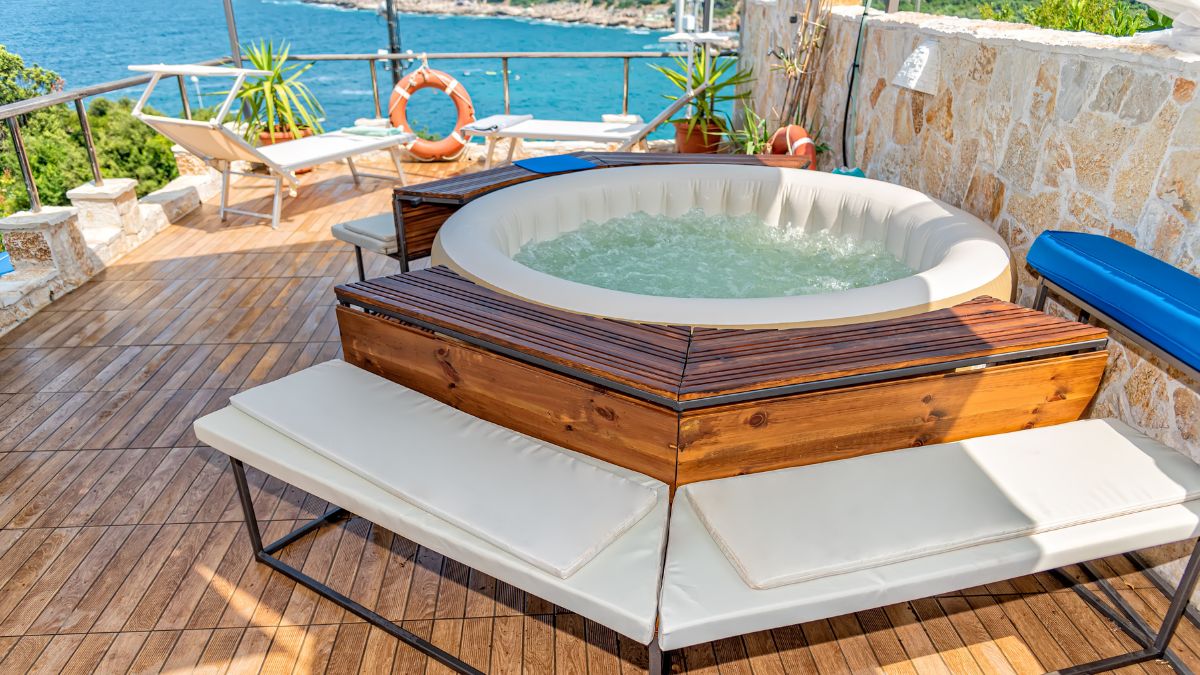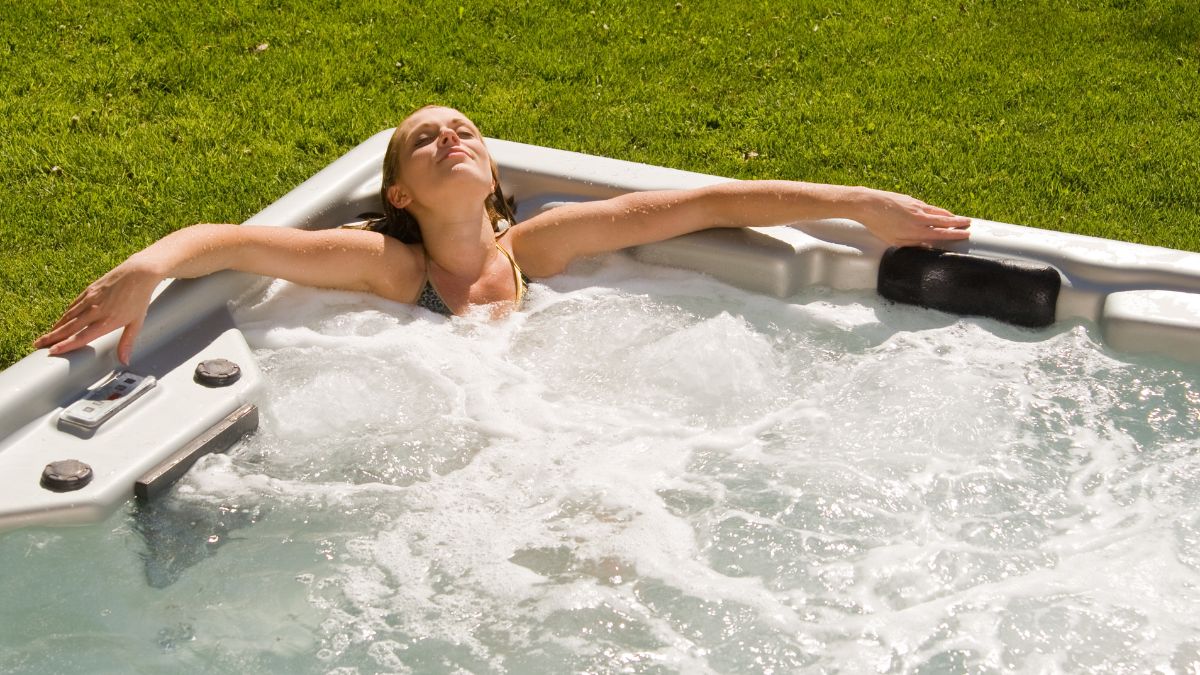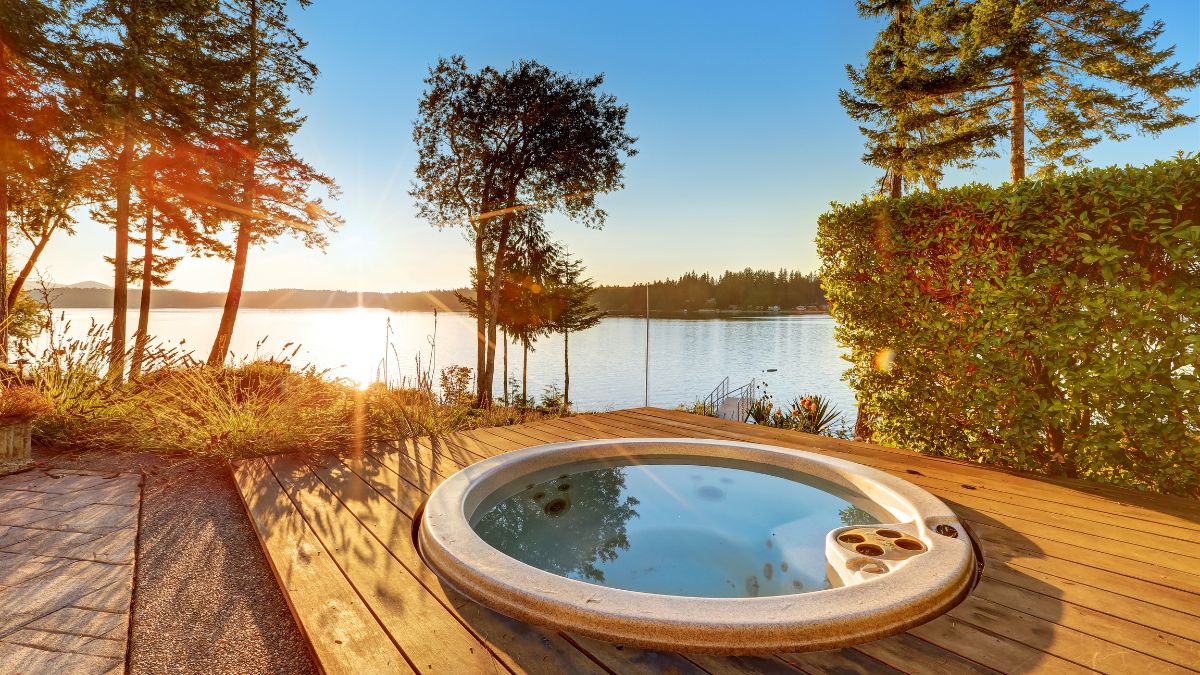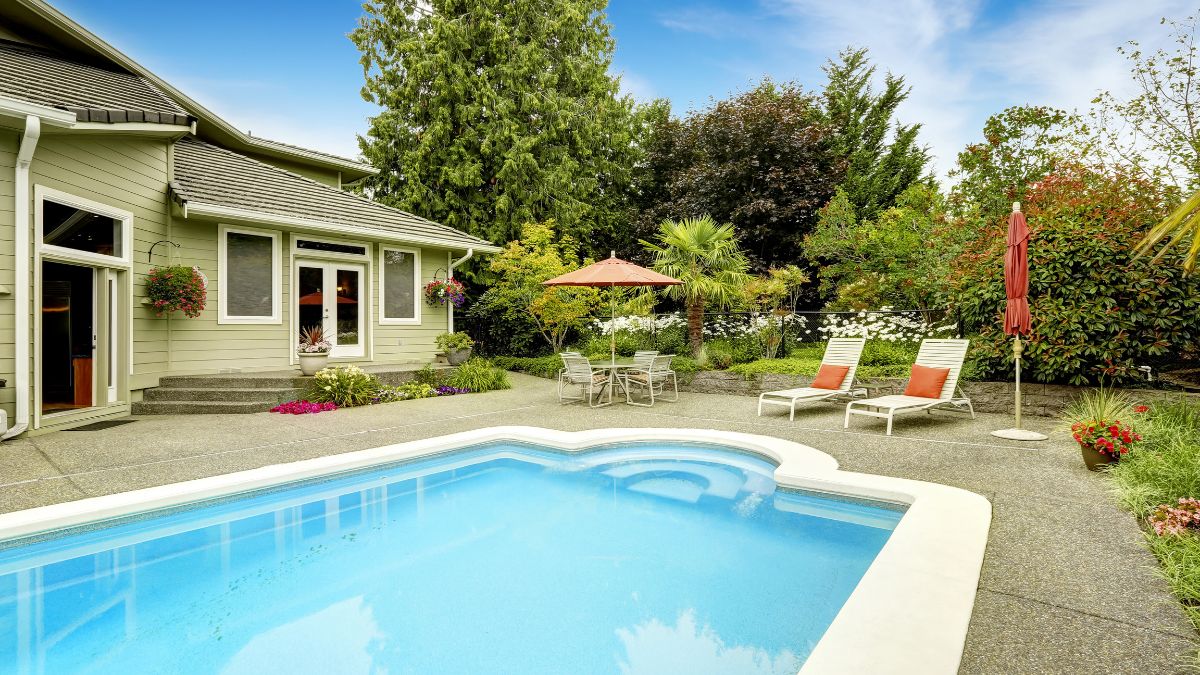The best time to run your pool pump depends on several factors, including the size of your pool, the amount of use it gets, and your local utility rates. However, some general guidelines can help you determine the optimal schedule for your pool pump.
- Duration: It’s recommended to run your pool pump for around 8 to 12 hours daily to ensure that all the water in your pool is adequately cleaned, experiencing a ‘turnover’ at least once a day or twice when in heavy use. This doesn’t necessarily mean it has to be eight consecutive hours; you can split the time to suit your routine. You can use a timer to set when you want the pump to run.
- Day vs. Night: Running your pool pump during non-peak hours, often in the evening or at night, can be more energy-efficient and cost-effective, especially if your utility company charges less. However, running the pump during the day when the pool is in use is also beneficial to keep the water clean.
- After Adding Chemicals: It’s important to run your pool pump after adding chemicals to the water to ensure they are evenly dispersed. This is especially crucial when using pool shock, which should be added in the evening to prevent it from being burned off by the sun.
- Off-Season: Even when the pool isn’t in use, such as during winter, it’s still essential to run the pump, albeit for less time than during the swimming season.
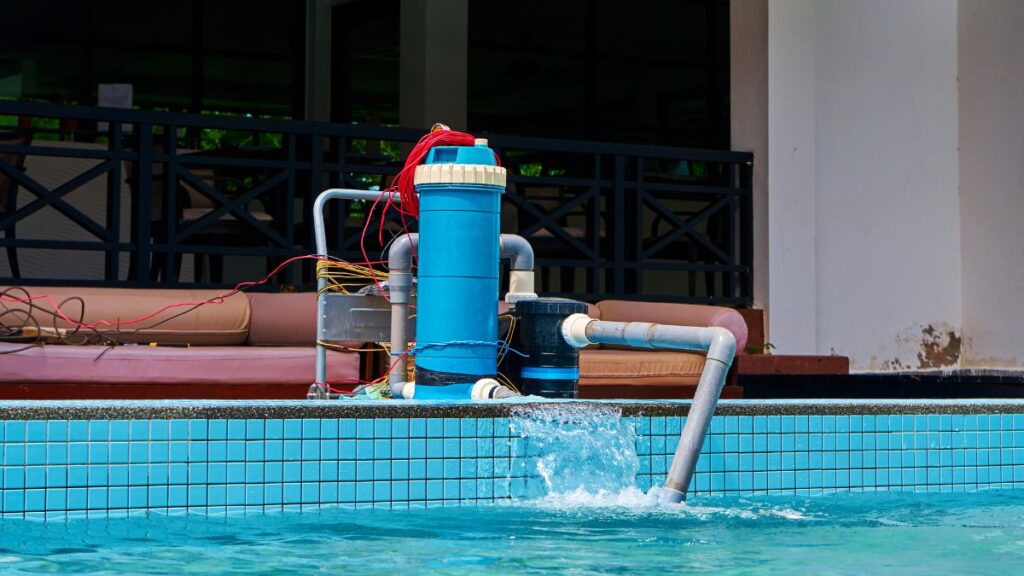
Understanding Pool Pumps
Imagine your pool as a large outdoor aquarium. Like an aquarium, your pool needs a pump to keep the entire volume of water clean and clear. A pool pump is the powerhouse of your pool’s circulation system.
It pulls water from the pool, pushes it through the filter to remove debris and impurities, and then returns the clean water to the pool. This cycle is essential to maintain a healthy and enjoyable swimming environment.
Now, you might wonder, “How does a pool pump work?” Well, it’s all about creating a flow of water. Your pool pump consists of three main components: the motor, the impeller, and the filter basket.
The motor powers the impeller, a small but mighty device that spins rapidly to create a vacuum, drawing water from the pool. This water is pushed through the filter basket, which catches larger debris like leaves and twigs. Finally, the filtered water is returned to your pool, ready for your next swim.
Types of Pool Pumps
There are several types of pool pumps available, each with its advantages and considerations:
- Single-Speed Pumps: These are the most common and affordable type of pool pump. As the name suggests, they operate at a single, constant speed. While they’re reliable and easy to use, they’re not the most energy-efficient option.
- Dual-Speed Pumps: These pumps offer two speed settings: high and low. The low-speed setting is energy-efficient and suitable for everyday filtration, while the high-speed setting is used for demanding tasks like heating or running the pool cleaner.
- Variable-Speed Pumps: These are the cream of the crop in pool pumps. They use advanced motor technology to offer a range of speeds, providing maximum energy efficiency. While they’re more expensive upfront, they can save you a significant amount on your energy bills in the long run.
- Self-Priming Pumps: These pumps are equipped with a small water reservoir, which allows them to self-prime. This feature is particularly useful if the pump is above the pool’s water level.
The role of a pool pump in pool maintenance cannot be overstated. It’s responsible for:
- Circulating Water: This helps distribute pool chemicals evenly, preventing algae growth and maintaining a balanced water chemistry.
- Filtering Debris: The pump removes debris and impurities by pushing water through the filter, keeping your pool water clean and clear.
- Running Pool Accessories: Your pool pump also powers accessories like automatic pool cleaners and water features.
Your pool pump is vital to your pool system. Understanding how it works and the different types available helps you make informed decisions about your pool maintenance routine. Whether you’re running your pool pump in summer or winter, day or night, having a well-functioning pool pump is key to enjoying a clean and refreshing pool.
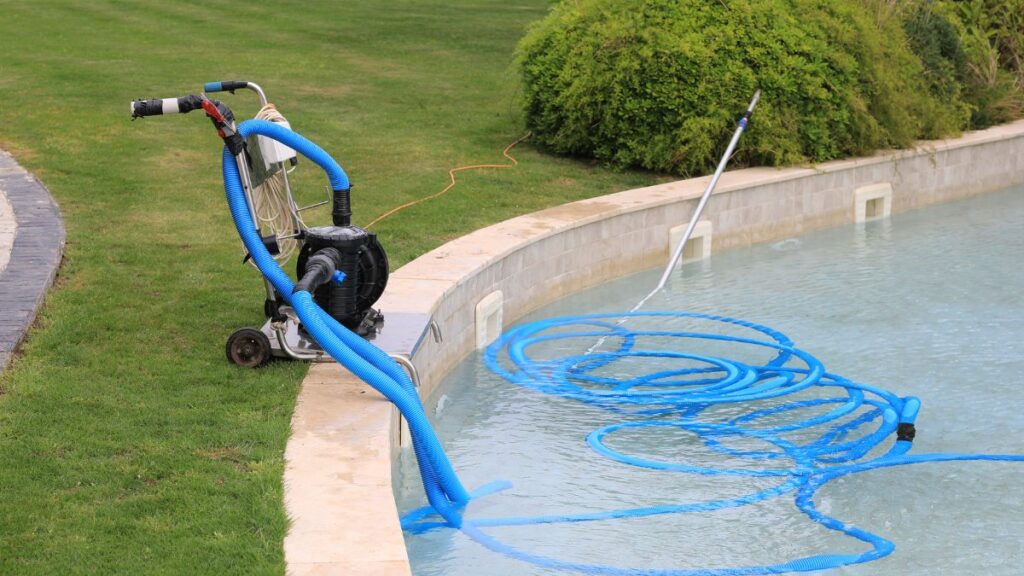
Factors Determining the Best Time to Run Your Pool Pump
Determining the best time to run your pool pump isn’t a one-size-fits-all solution. Several factors come into play, and understanding these can help you optimize your pool pump schedule for efficiency and effectiveness. Let’s dive into these factors:
Pool Size and Pump Size
The size of your pool and the capacity of your pool pump are fundamental factors. A larger pool requires more time to circulate and filter the water completely. Similarly, a smaller pump takes longer to filter the same amount of water than a larger one.
For instance, suppose you have a large pool and a medium-sized pool pump. In that case, you might need to run your pump longer than someone with a small pool and a large pump. It’s all about ensuring that all the water in your pool gets adequately filtered within a 24-hour period.
Pool Usage
How often and heavily your pool is used also influences the best time to run your pump. After heavy usage, running the pump to filter out the increased debris and balance the chemicals is a good idea.
For example, if you host a pool party on a hot summer day, you’ll want to run your pool pump longer to handle the sunscreen, sweat, and other impurities in the water. On the other hand, if your pool sees less action, you might not need to run your pump as long.
Local Utility Rates and Off-Peak Hours
Your local utility rates can significantly impact when running your pool pump is most cost-effective. Many utility companies charge higher rates during peak usage hours, typically during the day, and lower rates during off-peak hours, usually at night.
Running your pool pump during off-peak hours can lead to substantial savings on your energy bills. However, remember to balance this with the need for effective filtration, especially during the summertime when algae growth is more likely.
Climate and Season
The climate in your area and the current season also play a role in determining the best time to run your pool pump. In hot and sunny climates, especially in the summer, algae growth can be a significant issue. Running your pool pump during the day helps circulate the water and distribute pool chemicals, preventing algae from taking hold.
On the other hand, in cooler climates or during the winter months, you might not need to run your pool pump as long. However, it’s still essential to run it regularly to prevent the water from becoming stagnant.
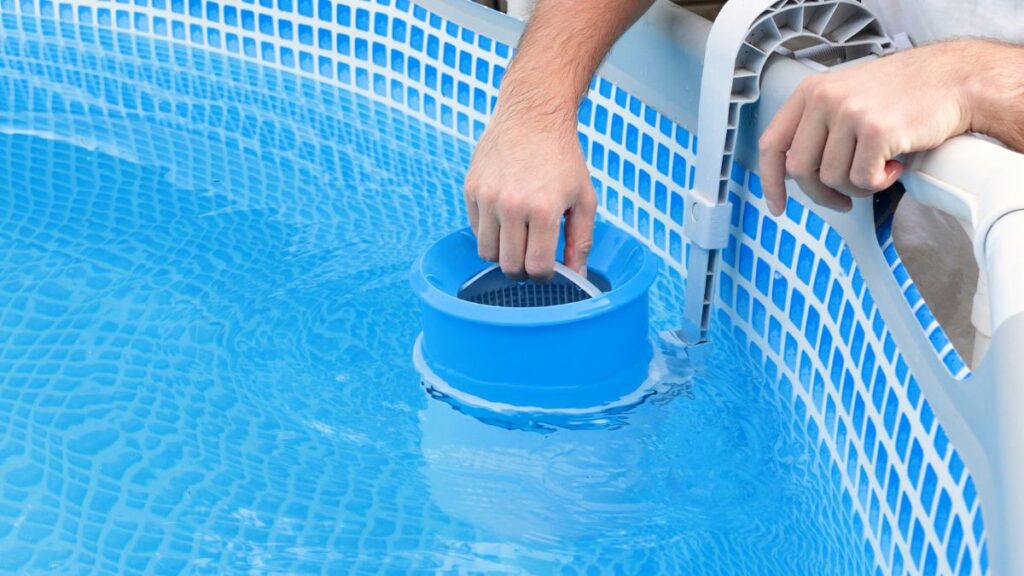
Running Pool Pump during the Day vs. Night
When it comes to running your pool pump, timing is everything. But should you run it during the day or at night? Both options have their advantages and drawbacks. Let’s explore them:
Running the Pool Pump during the Day
Pros
- Algae love the sun. Running your pool pump during the day when the sun is out helps circulate the water and distribute the chlorine, preventing algae growth.
- If you heat your pool, running your pump during the day can be more efficient. The pump circulates the water, helping distribute the heat from the sun evenly throughout the pool.
- People typically use their pools during the day. Running your pump during this time ensures that the water is continuously filtered, keeping it clean and clear for swimmers.
Cons
- Many utility companies charge more for electricity during peak daylight hours. Running your pool pump during the day could lead to higher energy bills.
- The combination of heat from the sun and the pump’s motor can cause the pump to wear out faster.
Running the Pool Pump at Night
Pros
- Electricity is often cheaper during Non-peak hours, which are usually at night. Running your pool pump at night could save you money on your energy bills.
- Pool pumps can be noisy. Running your pump at night can reduce noise pollution during the day when you’re more likely to be enjoying your outdoor space.
Cons
- Algae primarily grow during the day. If you run your pump of pool at night and not during the day, you might not distribute the chlorine effectively to prevent algae growth.
- If you live in a region where temperatures drop below freezing at night during the winter, running your pool pump at night could risk damage to your pump.
Balancing Energy Efficiency and Effective Pool Cleaning
The decision to run your pool pump during the day or night should balance energy efficiency and effective pool cleaning. You want to ensure your pool stays clean and healthy while managing your energy costs.
Consider your pool usage, local climate, and utility rates. Running your pool pump during the day might be more beneficial if your pool sees heavy use or you live in a hot, sunny climate. On the other hand, if your pool is less used or you live in a cooler climate, running your pool pump at night might be more cost-effective.
There’s no definitive answer to whether running your pool pump during the day or night is better. It depends on your specific circumstances. By understanding the pros and cons of each option, you can make an informed decision that best suits your needs.
Whether you’re wondering how long to run a pool pump in summer or the best time to run a salt water pool pump, this guide provides you with the knowledge to make the best decision.
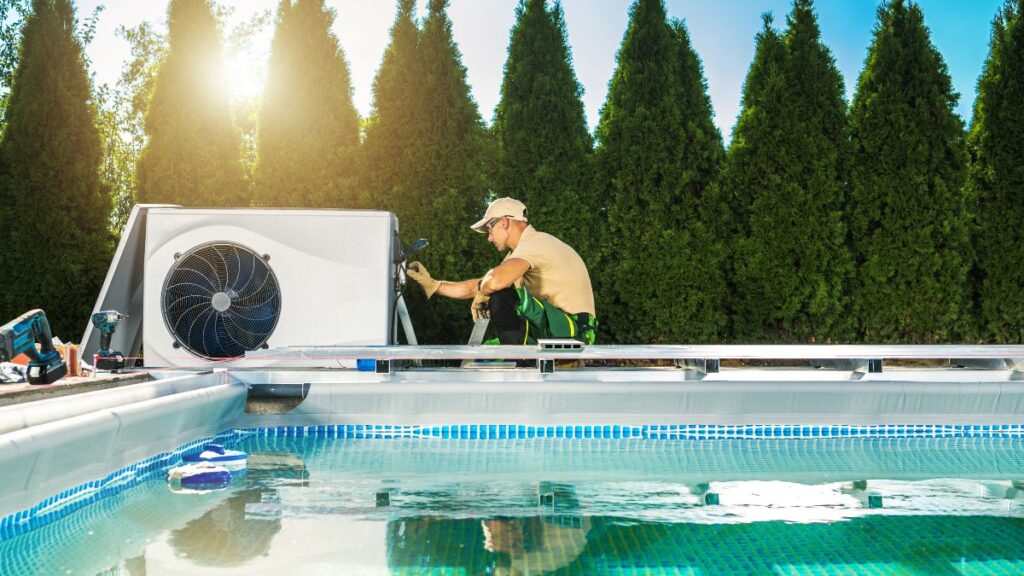
Deciding When to Operate Your Pool Pump
Understanding the optimal operation time for your pool pump involves more than just knowing the total hours per day it should run in a day. You also need to consider the best times of day to operate it. Is it necessary to run it for eight hours straight, or can you divide the operation time throughout the day?
One strategy is to operate your pump during off-peak electricity hours, which often fall at night. This approach can be particularly beneficial if you reside in a warm climate where air conditioning usage during the day leads to higher electricity rates. Running your pump at night could result in lower pool maintenance costs.
However, there are instances when operating the pump outside of off-peak hours is necessary, such as when you introduce chemicals into your pool. The water needs to be circulating for the chemicals to be distributed evenly.
For example, you can add pool shock at night to avoid it being burned off by the sun during the day, but you’ll need to keep the pump running to ensure proper circulation.
Another cost-saving strategy is to split the pump’s operation time into several shorter periods throughout the day. This approach can be effective as long as the pump operates for approximately eight hours within a 24-hour period, especially during summer.
A pump timer can simplify this process. However, if your pool sees heavy usage, you might need to run the pump continuously for up to eight hours daily and regularly check the water clarity and chemical balance.
Tips for Efficient Pool Pump Operation
Running a pool pump efficiently is about understanding your pool’s specific needs and adapting your pool pump operation to meet them. Here are some tips to help you get the most out of your pool pump:
Regular Maintenance of the Pool Pump
Like any machine, your pool pump needs regular maintenance to run smoothly and efficiently. Here’s what you can do:
- Clean the Pump Basket: Your pool pump’s basket can get clogged with leaves, twigs, and other debris. Make it a habit to clean the pump basket regularly. A clean basket allows for a better water flow rate and reduces strain on the pump.
- Check the Pump Seals: The seals in your pool pump prevent water from leaking out. Over time, these seals can wear out and need replacement. Regularly inspect the seals and replace them as needed.
- Monitor the Pump Pressure: Your pool pump should operate within a specific pressure range. If the pressure is too high or too low, it could indicate a problem. Regularly check the pump pressure and address any issues promptly.
Using Pool Covers to Reduce Cleaning Demand
A pool cover is a simple and effective tool to reduce the cleaning demand on your pool pump. Covering your pool when not in use can prevent leaves, dirt, and other debris from getting into the water. This means less work for your pool pump and more efficient operation. Plus, a pool cover can also help retain heat in your pool, reducing energy costs if you heat your pool.
Optimizing Pump Running Time Based on Pool Usage and Season
The optimal running time for your pool pump can vary based on pool usage and the season. Here are some tips to optimize your pump running time:
- Adjust for Pool Usage: If your pool sees heavy use, you might need to run your pool pump longer to keep the water clean. Conversely, if your pool is rarely used, you can likely reduce the pump running time without compromising water quality.
- Consider the Season: In the hot summer months, when algae growth is more likely, you might need to run your pool pump longer. You can typically reduce the pump running time during the cooler months.
Frequently Asked Questions About Best Time to Run Pool Pump
How Long Should I Run My Pool Pump Each Day?
The answer to this question depends on several factors, including the size of your pool, the capacity of your pump, and the amount of debris your pool typically collects. Generally, aim to run your pool pump long enough to filter all the water in your pool at least once a day. This means running the pump for about 8-12 hours daily.
Can I Run My Pool Pump 24 Hours a Day?
While you can technically run your pool pump 24 hours a day, it’s usually not necessary and can lead to higher energy costs and faster wear on your pump. Running your pump for 8-12 hours daily is typically sufficient for most pools. There might be times, such as after heavy pool usage or during a hot summer day, when running your pump longer might be beneficial.
Is It Cheaper to Run the Pool Pump at Night?
In many areas, electricity rates are lower during off-peak hours, often at night. Therefore, running your pool pump at night could save you money on energy bills. To balance this with the need for effective filtration, especially during the summertime when algae growth is more likely.


